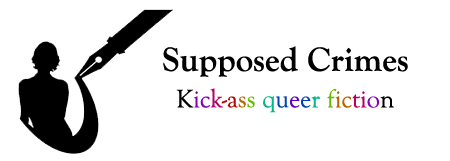
If you are like me and grew up in the 1970s, 80s, and early 90s in the US, you probably remember the ABC After School Specials. If not, or if for some reason you were entirely unaware of this phenomenon (which spread to multiple other networks), here’s what Wikipedia says:
The American Broadcasting Company coined the term after school special in 1972 with a series of made-for-television movies, usually dealing with controversial or socially relevant issues, that were generally broadcast in the late afternoon and meant to be viewed by school-age children, particularly teenagers. The specials were generally broadcast four to six times during the school year, pre-empting local programming that would usually follow the network schedule in the late afternoon hours.
I vividly remember these. As a younger child, they fascinated me with their topical, if a bit heavy-handed, messages. Sometimes they were funny or sweet, and sometimes they were more like the scare-tactic videos from high school health class. And sometimes they were spot on. I suspect they’d mostly be dated and irrelevant in today’s world, but they made sense in the context of the years they aired. (And really, can we complain about their existence back then? They touched on issues people were often not willing to talk about openly.)
Anyway, that brings me to what I wanted to say about writing.
Books are another way we can bring to light important issues that people might not otherwise be willing to engage with. They can be conversation starters even if they are poorly written. Look how much open discussion happened around BDSM as a result of Fifty Shades. (I’m not saying those books were good or “valuable,” only that there were some refreshingly honest conversations afterward.)
I’ve read plenty of topical books. Heck, I’ve written some. Yes, a fair number have about as light a touch as an After School Special (even mine!). They can read less like a story and more like I’m being clubbed with the message. Leaving aside other terribly written books, having a strong purpose isn’t a bad thing. Take, for example, The Hate U Give by Angie Thomas, Dumplin’ by Julie Murphy, or Speak by Laurie Halse Anderson.
As long as we still have people who oppose education and social causes, we still need these stories. We could probably stand for a bit more nuance in some of them, and we certainly need them told most often from the perspective of people with lived experience. But creating socially relevant fiction is a good thing, one we need more of in our changing, ever more complex world.
What do you think? Are there books with social messages you’ve loved? Ones you hated? Let us know!
